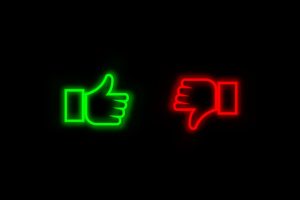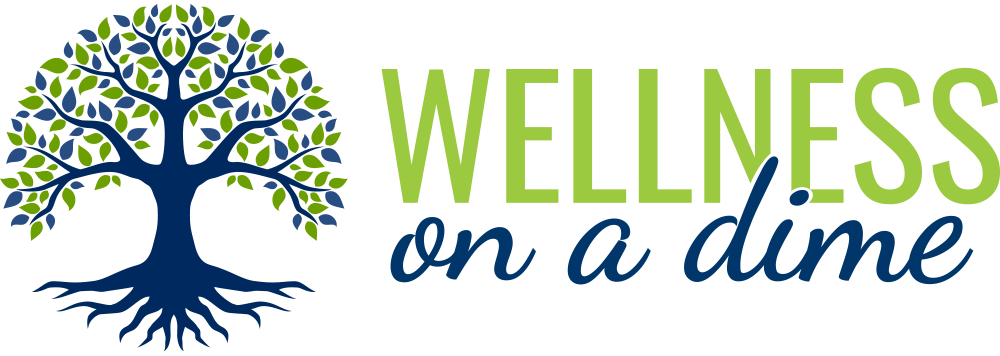 For centuries, doctors noted the beneficial effects of fasting to control epileptic seizures but realized fasting isn’t sustainable. In the 1920s, they found using an extremely low-carbohydrate diet accomplished the same thing. Cutting back on carbohydrates forced the body to switch metabolism from burning sugar to burning fat. The body converts fat to ketones and burns them. That was the birth of the Keto diet that eventually morphed into a weight loss diet. It works, but as with any diet, it has pros and cons.
For centuries, doctors noted the beneficial effects of fasting to control epileptic seizures but realized fasting isn’t sustainable. In the 1920s, they found using an extremely low-carbohydrate diet accomplished the same thing. Cutting back on carbohydrates forced the body to switch metabolism from burning sugar to burning fat. The body converts fat to ketones and burns them. That was the birth of the Keto diet that eventually morphed into a weight loss diet. It works, but as with any diet, it has pros and cons.
It’s more than just a low-carbohydrate diet.
Low-carb diets can vary dramatically. It’s all about the source of calories. In traditional diets, between 45% and 65% of the calories come from carbohydrates Low-carb diets like the Atkins diet get 25% to 40% of the calories from carbs. With the keto diet, 5% of calories come from carbohydrates, 20% from protein, and 75% from fat. If your caloric intake were 2000 calories, you’d only be able to eat 100 calories from carbohydrates. Since one gram of carbohydrates is approximately 4 calories, you could eat 25 grams of carbs. That’s a half cup of cooked asparagus and 5 grapes at 5 grams each, and 1/3 a cup of rice at 15 grams. The rest of the calories come from protein and fat.
The good news is that you’ll feel fuller longer.
The high protein and fat content of the keto diet keeps you feeling full longer. By switching from burning glucose to burning fat, it reduces insulin levels. That helps reduce insulin resistance and lower inflammation from high insulin levels. Keto diets burn more fat and that fat tends to come from the abdomen. It’s visceral fat, the most dangerous type of body fat. It can improve your blood cholesterol profile, help control diabetes, and may lower blood pressure.
There are drawbacks to using the keto diet, too.
The first thing most people notice when they use the keto diet is the keto flu.
There are negatives to the keto diet. It can cause dizziness, fatigue, nausea, headaches, and constipation. It comes from the adjustments made by the body when switching from glucose to ketones. A keto diet can be hard on the kidneys and interfere with your microbiome. It’s the sudden limit of fiber that creates that problem. The keto diet can lead to nutritional deficiencies. It can also cause blood pressure to drop too low. Using a keto diet may affect bone health.
- Even though a keto diet may lower blood pressure, there’s also a danger that it increases the risk of chronic conditions like heart disease or cancer.
- Since fruits and vegetables are carbohydrates, the keto diet limits the amount of healthy foods. It’s one reason why it can cause nutritional deficiencies.
- While the keto diet gets most of the calories from fat, people often focus on the bacon you can eat and forget about the healthy fat of avocados and nuts.
- There are both positives and negatives to the keto diet. If you choose to use the keto diet or any other diet, always check with your healthcare professional first, especially if you have health issues.
For more information, contact us today at Wellness On A Dime Coaching
